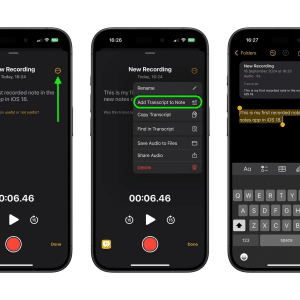The provision enables such surveillance measures to be implemented “without the knowledge or consent of its owner or possessor.” However, the surveillance is restricted to individuals suspected of involvement in terrorism, organized crime, and other illegal activities that carry a sentence of five years or more.
This eavesdropping clause forms part of a broader bill aimed at modernizing penal procedures and responds to public demands for stronger law and order measures. The legislation package also incorporates an 11 billion euro budget increase for the judiciary by 2027. Prior to becoming law, the bills need to pass through a special commission to reconcile any differences between the two chambers of Parliament.
The bill passed the National Assembly on a 388-111 vote, despite protests from digital rights activists, who consider the eavesdropping provision an invasion of privacy. The measure has divided politicians, with proponents arguing it’s a necessary tool against organized crime.
The surveillance is designed to be an alternative to traditional policing practices, such as wiretapping a suspect’s vehicle and residence. However, the legislation also contains control measures, requiring the approval of an investigating judge and limiting the use of device tapping to real-time location tracking. Furthermore, the provision permits investigators to activate a suspect’s phone camera and microphone.
Critics, however, argue that the clause could lead to police misuse of power. French police forces have previously been accused of abuse of authority, brutality, and racism. Rights advocates express concerns that the government is using safety concerns to enact severe measures.
The bill stipulates that police surveillance through a suspect’s phone and other connected devices could last for up to six months. Certain professionals, including journalists, lawyers, and members of the parliament, would be exempt from such surveillance.

While the French government sees the reform as a move towards “a faster, clearer, modern justice,” critics fear that the bill threatens privacy rights and has potential for misuse, sparking debates about the balance between public safety and personal freedom.













